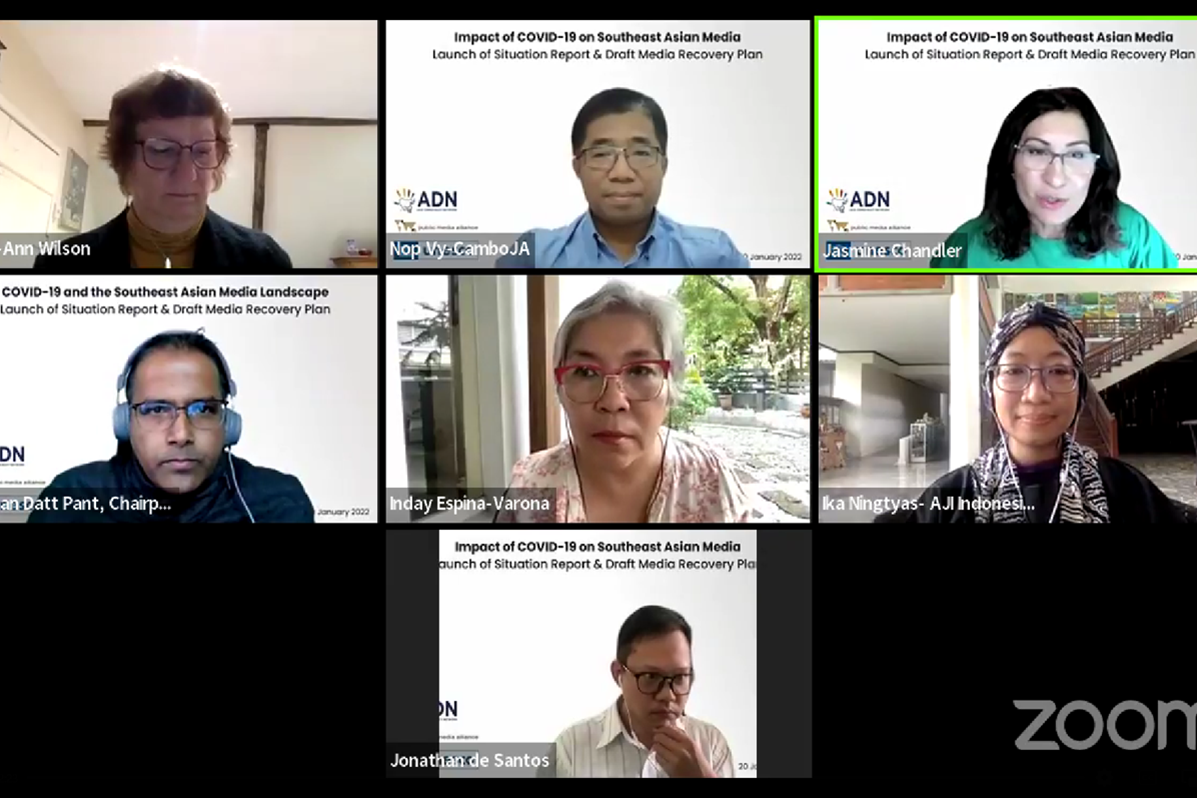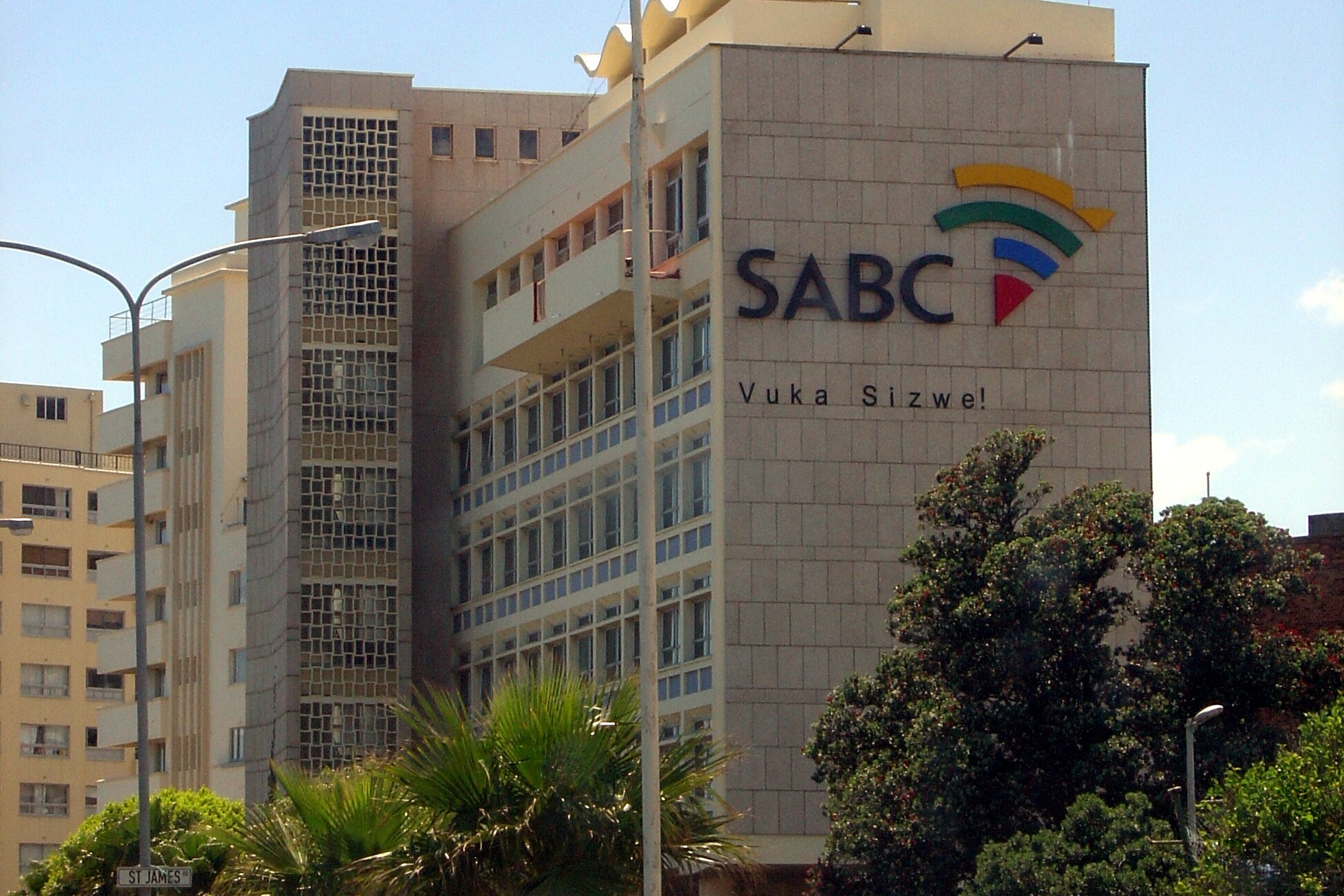A sustainable public media
21st June 2023
Public media sustainability was the focus of a one-day workshop, which was organised by the Public Media Alliance (PMA)in collaboration with the International Association of Public Media Researchers, and the University of Westminster.

How can public service media remain relevant and resilient for the future whilst insulating themselves from financial, environmental and political pressures?
This was the question at the heart of the “Sustainability Symposium”, held on 13 June in London. For the workshop, a small number of academics and public media representatives were invited to explore the topic of public media sustainability and how to develop a more holistic notion of sustainability. This workshop was run in collaboration with the University of Westminster, CAMRI, and the International Association of Public Media Researchers (IAPMR).
Many public service media (PSM) are facing significant pressures – environmental, economic, and social. According to the Reuters Institute for the Study of Journalism (RISJ), many PSM find it hard to provide a diverse news service to their audience which puts them at risk of “becoming irrelevant”.
It is therefore critical that PSM are sustainable in the face of these challenges, so they remain valued by the public.
The symposium gave participants the opportunity to explore how PSM can be socially, economically and environmentally sustainable, how these sustainability themes interrelate, and the challenges PSM continue to face on the road to sustainability. Below are some of the topics discussed.
Read more: “A cultural change”: How PSM are becoming more sustainable
Subscribe toour newsletter
Keep updated with the latest public
media news from around the world
Social sustainability
How can PSM be socially sustainable, where society has a concrete understanding of what PSM is and its value to society?
- Meeting the needs of PSM staff and creating a good working environment.
- A focus on inclusivity and competency within PSM.
- Engaging with youth and diverse audiences.
- Educating audiences on sustainability and the role PSM play in society.
- Better communication of PSM policies.
- Improving connections with other PSMs from around the world.
- Enabling employees and PSM partners to be agents for change and able to engage in sustainability issues aside from their regular roles.
- Encompassing sustainability in PSM decision-making from top to bottom.
Economic sustainability
How can PSM be economically sustainable, where they are reliably and securely funded to insulate it against financial pressures?
- Introducing mandatory incentives through regulation and policy like a tax rebate to help drive public media funding – like Austria.
- Being more collaborative – working and pooling resources to facilitate transformation instead of competition.
- Fuelling and funding more technological PSM innovations.
- Increasing cooperation between public cultural institutions; PSM working with libraries and museums.
- Building a business ecosystem that encourages all PSM partners to have similar sustainability values.
“It’s time to reinvest in public broadcasters. They are creaky vessels, battered by decades of cutbacks and challenges, but they’re still one of our best tools for protecting democracy and building healthy societies.” – The Knight Foundation
Environmental sustainability
How can PSM be environmentally sustainable, where they have as minimal impact on the environment as possible?
- Pushing for more PSM green productions and green operations, low-carbon productions and producing content without harm to the environment.
- Running PSM organisations on the basis of green principles.
- Building common knowledge and basic info on climate change and its environmental impact.
- Reinforcing more local environmental reporting in the news
- Educating on how PSM can balance the demands of environmental responsibility.
- Acknowledging that not all PSMs are the same; highlighting the uniqueness of each PSM from country to country, their differences and creating sustainable strategies that best meet the needs of each PSM.
- Leveraging PSM networks and resources.
- Restructuring PSM employment and finding people with the skills and knowledge needed within PSM to engage meaningfully in an environmental agenda.
- Encouraging all journalists to do more green storytelling, regardless of their beat, normalising climate stories, and ensuring climate positive reporting.
- Aiming to increase public awareness of PSM’s sustainability strategies
- Reaching out to different communities to see how they can help you shape PSM sustainability strategy.
- Engaging the younger audience who are already environmentally conscious.
- Depoliticising PSM environmental sustainability.
- Looking at long-term environmental sustainability strategies.
Challenges
What are the challenges facing PSM in their quest for sustainability?
- A lack of education regarding the value of PSM in society and environmental sustainability.
- Changing political climates and a rise in populism
- Competition with other news stories like covid, war means climate stories can be dropped by editors in favour of more “eyeball catching” stories.
- A decline in public trust means a decline in audience, which can have a knock-on effect on PSM finances that are needed to drive PSM sustainability.
- Journalists facing abuse and harassment when they report on climate issues.
- Competition with streaming giants like YouTube, Netflix and Disney.
PSM have the responsibility of being pioneers of environmental sustainability in the media environment, but in order to do that, PSM organisations must be sustainable for the future in a multidimensional way. A central theme of the workshop was how PSM should consider sustainability holistically, using a “joined-up” approach. It is important that all social, economic and environmental PSM sustainable strategies support the overall PSM mandate: to serve the public and provide services that inform, educate and entertain.
The future of PSM sustainability lies in collaboration; working cooperatively with their audience, other PSMs from around the world, PSM partners, their own staff, and even public cultural institutions.
Related Posts
21st January 2022
Regional collaboration key to future sustainability of media
Media stakeholders agreed on the…
9th June 2021
PMA welcomes CBC/Radio-Canada’s sustainability strategy
New five-year plan aims to transform…



